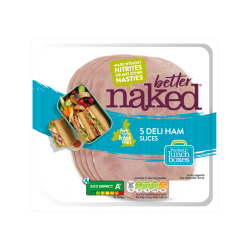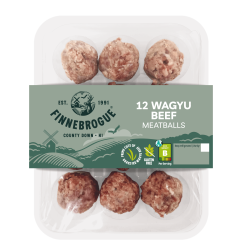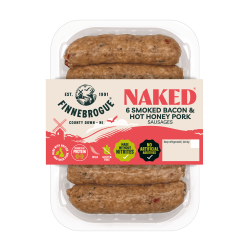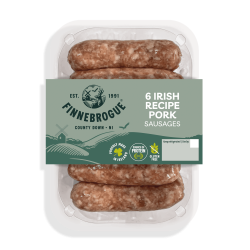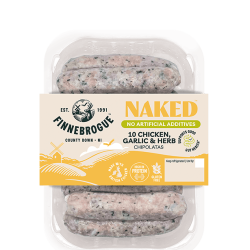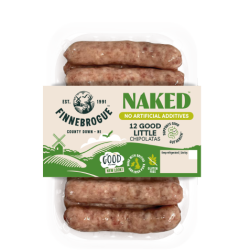Zero tariffs on New Zealand beef would help us drive up quality and drive down prices for shoppers in our supermarkets. Our chairman, Denis Lynn comments on what zero tariffs means for the UK….
Many of my fellow farmers are concerned that new free trade agreements will damage both the British livestock industry and our nation’s food standards.
It would be remiss of me not to share some of their worries. Many proposed trade deals deserve detailed scrutiny, especially with nations who don’t share our values on sustainability, nutrition or animal welfare. But we should have no such concerns when it comes to doing a deal with our Kiwi cousins down under. A free trade deal with New Zealand is a wonderful opportunity.
It is vital we do not allow protectionist voices at home to scupper the chance of securing the more affordable, high quality food for British consumers that will be made available as a result of an agreement with New Zealand, who produce some of the finest food on the planet.
Free trade has been the bedrock of our nation’s prosperity and development. Fewer and lower tariffs, in scenarios where our standards aren’t diminished, is what a post-Brexit trade regime must promote. Brexit should not be the catalyst for pulling up the drawbridge and beckoning in a return to the days of high subsidies and British Leyland levels of extortionate inadequacy across our economy.
I am both a farmer and a food processor. At Finnebrogue Artisan, we are passionate about making food the best it can possibly be; more nutritious, more sustainable, more delicious and more affordable.
A closer trading relationship with New Zealand should not be regarded as a competitive threat to UK farmers like me, nor should we be concerned by New Zealand’s food standards, which are some of the highest anywhere in the world. I am urging Liz Truss to resist calls for more protectionism and, instead, eliminate all food tariffs with New Zealand, especially on beef.
The opportunity to slash the price of wagyu beef – the most tasty, nutritious and environmentally friendly beef on the planet – could be a brilliant benefit of Brexit that we should not hesitate to seize.
I rear wagyu cattle on my farm in County Down and import additional volumes from our partners in New Zealand. We turn this beef into burgers that are sold in British retailers. Unfortunately, the EU’s punitive 20 per cent tariff on beef severely affects the affordability of the imported products.
A pack of two premium British wagyu burgers are on sale for £5 in some supermarkets today. By eliminating the tariff on New Zealand alternatives, we will be able to sell a pack of two grass-fed wagyu burgers for as little as £3.50.
As a farmer of wagyu, I am not worried about the competition. The brilliant British beef industry will continue to thrive because there will always be a market for high-end, locally-sourced beef at premium prices. Supermarkets will always want to stock it. Consumers will always be willing to pay for it.
But by opening up to the New Zealand market we can provide more affordable alternatives for less affluent families – and we can do it without damaging our standards.
Our pork industry provides the blueprint. More than half of the pork on the UK market originates from European nations like Denmark. It is imported on a tariff-free basis.
This free trade makes bacon affordable for the masses, but it does not damage British pig farmers or erode the huge market for premium British pork products like Finnebrogue’s nitrite-free Naked Bacon – the nation’s most popular brand of bacon. The British pork industry has never been in a strong position than it is today, as demonstrated by Cranswick’s latest set of financial results.
And we can expect something similar if we strike a deal with like-minded countries such as New Zealand. Consumer prices will fall, standards will rise and British farmers will continue to succeed.
It makes little sense to rail against liberalised trade with New Zealand while simultaneously predicting economic Armageddon if a trade deal is unable to be struck with the EU. We should move past the Brexit dogma, ascertain the reality and not be afraid of a change to the status quo where such a shift can deliver better outcomes. Free trade with our friends in Europe and our friends down under should be our aim.
As an importer of New Zealand wagyu, I commit to passing on every penny saved from tariff-free trade to the consumer. With difficult financial times ahead, wider availability of high quality beef at more affordable prices is a tantalising prospect for consumers up and down the country.
And to top it all, Kiwi wagyu farmers uphold the very highest farming and food standards. Their grass-fed wagyu is sweet, nutty, juicy and tender. The animals spend all their lives outdoors and move to fresh pasture each day. By only feeding grass to their cattle, they produce more nutritious beef with a better omega-3 and omega-6 balance, while also locking carbon into the soil.
Zero tariffs on New Zealand beef will therefore help drive up quality and drive down prices for shoppers in our supermarkets.
It is a win-win scenario that the UK Government must grab with both hands.

